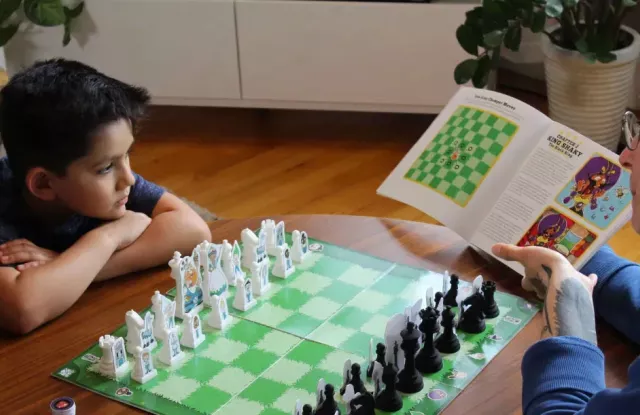How moral are American young people?

During the summer of 2008, the eminent Notre Dame sociologist Christian Smith led a research team that conducted in-depth interviews with 230 young adults from across America.
Smith and company asked about the young people’s moral lives, and the results are depressing.
It’s not so much that these young Americans are living lives of sin and debauchery, at least no more than you’d expect from 18- to 23-year-olds. What’s disheartening is how bad they are at thinking and talking about moral issues.
The interviewers asked open-ended questions about right and wrong, moral dilemmas and the meaning of life. In the rambling answers, which Smith and company recount in a new book, “Lost in Transition,” you see the young people groping to say anything sensible on these matters. But they just don’t have the categories or vocabulary to do so.
When asked to describe a moral dilemma they had faced, two-thirds of the young people either couldn’t answer the question or described problems that are not moral at all, like whether they could afford to rent a certain apartment or whether they had enough quarters to feed the meter at a parking spot.
“Not many of them have previously given much or any thought to many of the kinds of questions about morality that we asked,” Smith and his co-authors write. When asked about wrong or evil, they could generally agree that rape and murder are wrong. But, aside from these extreme cases, moral thinking didn’t enter the picture, even when considering things like drunken driving, cheating in school or cheating on a partner. “I don’t really deal with right and wrong that often,” is how one interviewee put it.
The default position, which most of them came back to again and again, is that moral choices are just a matter of individual taste. “It’s personal,” the respondents typically said. “It’s up to the individual. Who am I to say?”
Many were quick to talk about their moral feelings but hesitant to link these feelings to any broader thinking about a shared moral framework or obligation. As one put it, “I mean, I guess what makes something right is how I feel about it. But different people feel different ways, so I couldn’t speak on behalf of anyone else as to what’s right and wrong.”
Smith and company found an atmosphere of extreme moral individualism – of relativism and nonjudgmentalism. They have not been given the resources – by schools, institutions and families – to cultivate their moral intuitions, to think more broadly about moral obligations, to check behaviors that may be degrading.
To finish the article, go here.



This is so very prophetic about our western world and morality…
we will crumble in our own “free floating” individualistic ideal…. and it doesn’t even make sense logically.
INTRINSICALLY we cry out for justice, we really do…
…but we have divorced ourselves from the essence and nature of justice Himself.
It’s the church, the body of Christ, that really should rise to the occasion of living within a moral framework. It’s more than a pro life stance or a pro marriage… or whatever… it’s much deeper.
I am reminded of the story in genesis 18 where Abraham engages God and is practically bargaining for the INCREDIBLY corrupt city of Sodom. Abraham is asking God, who wants to destroy the city… “will you not spare it for 50 righteous?” and Abraham and God have this interaction where he’s almost testing and pushing God and they end by agreeing on 10 people… if God can find 10…just 10 in an ENTIRE city… that are righteous…
then he would spare it.
I wonder in the same way…
if the body of Christ, the church in America stopped being divided and became united- strove together to live righteously, to honor God, to love him…
how much then would God spare us? How much more would we see this nation change.
This is not simple social commentary. The rise of moral relativism and nonjudgmentalism can allow evil to flourish.
I pray that God would awaken the Christ followers in this nation and around the world to this reality and as parents we instill a different worldview into the next generation.
Thanks for this Seth…Josh McDowell speaks intently and with passion to these issues with the same sadness we all feel.